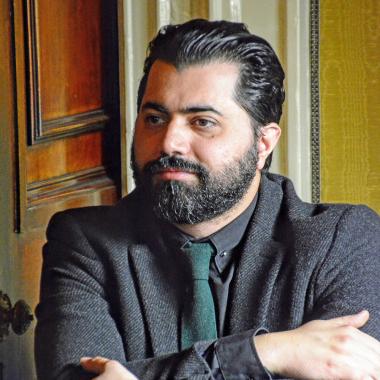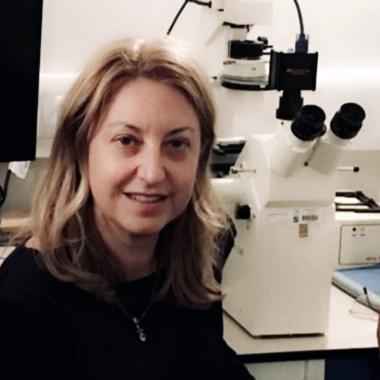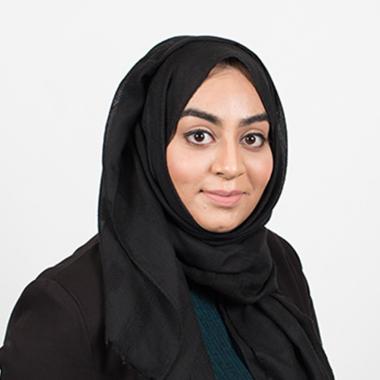

The COVID-19 virus has caused a worldwide pandemic that is spreading at an alarming rate.
At present, COVID-19 has been linked to approximately 7.66 million cases and over 136,000 deaths in the United Kingdom. Several risk factors including age, gender, ethnicity, body mass index and pre-existing conditions have been suggested to play a role in exhibiting a more severe course of the disease. Reviews of pandemics with a similar magnitude indicate that the physical configuration of the built environment can also play a significant role in supporting human health and subsequently impacting the severity of disease. A critically important objective is to identify the major modifiable variables that may contribute to poorer COVID-19 health outcomes.
In collaboration with colleagues from the School of Architecture and Cities, Life Sciences, and Social Sciences, we will present novel findings connecting aspects of urban form and air pollution, previously linked to exacerbating vitamin D deficiency, with COVID-19 prevalence and mortality across London. Our study sheds novel light on the combined impact of the built environment and air quality on vitamin D synthesis, a modifiable physiological process of increasingly acknowledged relevance for resilience against pathogens and long-term health and well-being.
Project team

Mehrdad Borna
Mehrdad Borna is a lecturer and researcher with over 15 years of sustainable architecture and environmental design experience in professional practice and higher education. His doctoral research is focused on the impact of dense urban form on microclimate and concentration of air pollution at pedestrian level.

Dr Maria Woloshynowych
Dr Maria Woloshynowych is a lecturer in the School of Social Sciences. Her research is in the field of health psychology, particularly in relation to healthcare provision including patients’ experiences, reducing stress and improving non-technical skills of healthcare staff. Recently she has worked on projects relating to food choice and health.

Dr Rosa Schiano-Phan
Dr Rosa Schiano-Phan is a Reader and Course Leader of the Architecture and Environmental Design MSc. Her research focuses on natural cooling and sustainable environmental design of buildings and urban microclimates. She has conducted international research on the post-occupancy evaluation of bioclimatic buildings, passive evaporative cooling using porous ceramic, and more recently the mutual impact of air pollution and the built environment.

Dr Emanuela Volpi
Dr Emanuela Volpi is a Reader in Biomedical Sciences in the School of Life Sciences. Her research expertise is in human and medical genetics, with specific focus on the molecular basis of human disease, genome functional organisation, genomic integrity and stability, genotoxicity, and cancer biomarkers. Her current research interests revolve around understanding risks to human health in the light of human genome-environment interactions.

Dr Moonisah Usman
Dr Moonisah Usman is a lecturer in the Centre for Education and Teaching Innovation and an early career researcher with a background in molecular genetics and obesity. Her PhD research identified vitamin D deficiency as a factor associated with childhood obesity and discussed the role of vitamin D in inflammation and obesity-associated cancer.


